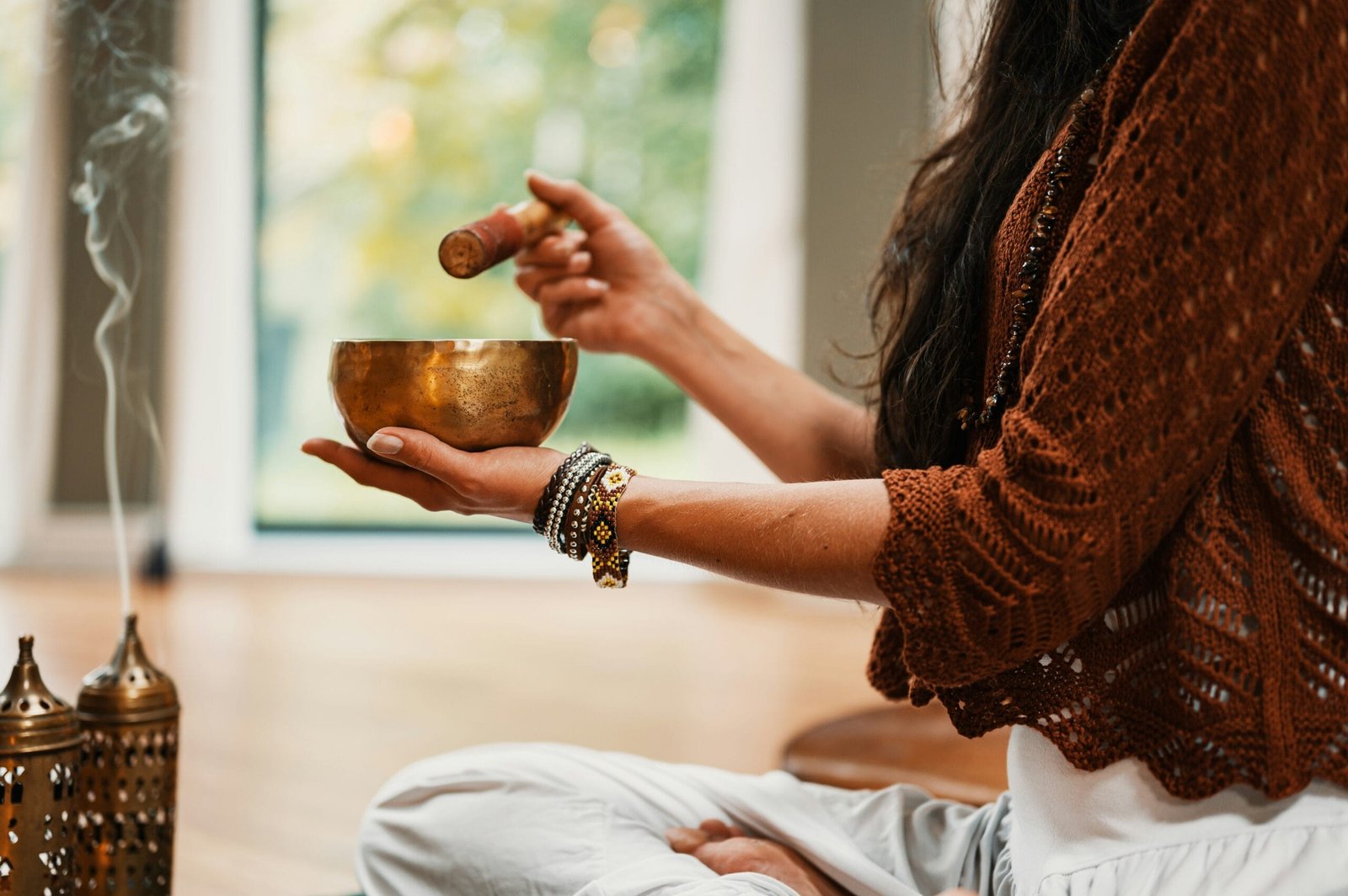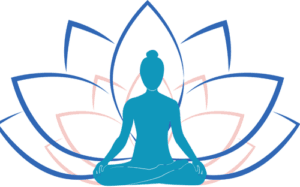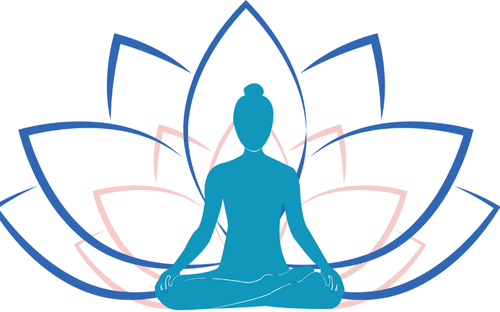Reduce Stress and Anxiety: How Mindfulness and Meditation Can Help You Stay Calm in the U.S

The Rise of Mindfulness and Meditation in Daily Life
In recent years, there has been a notable surge in the popularity of mindfulness and meditation practices throughout the United States. This increase can largely be attributed to the escalating stressors of modern life, which have left many individuals searching for effective methods to manage their anxiety and reduce stress and anxiety. The fast-paced environment and constant connectivity, largely influenced by technology, have contributed significantly to a collective mental health crisis. As a response, individuals are increasingly turning to mindfulness and meditation as reliable tools for alleviating stress.
The integration of mindfulness into daily routines has been observed across a variety of settings. In corporate environments, companies have begun to embrace wellness programs that include mindfulness practices. These initiatives aim to enhance employee well-being and productivity, reflecting a growing awareness of mental health’s importance in the workplace and the need to reduce stress and anxiety. Similarly, educational institutions have recognized the benefits of mindfulness; many schools and universities are now incorporating meditation into their curricula as a means to support students’ emotional and psychological health.
Diverse demographics across the United States are gradually adopting these techniques, with mindfulness and meditation appealing to a broad range of age groups and cultural backgrounds. This widespread acceptance is further reinforced by the availability of resources, including apps, online courses, and community workshops, that have made these practices more accessible than ever before. As a result, people are finding ways to seamlessly integrate mindfulness into their everyday lives, demonstrating a significant shift towards prioritizing mental wellness.
The growing popularity of mindfulness and meditation is not merely a trend; it represents a deep societal transformation towards valuing mental health awareness and self-care practices. The shift indicates that individuals, organizations, and communities are beginning to recognize the necessity of tools that foster resilience against stress and anxiety, leading to a more mindful society.
Scientific Evidence: How Mindfulness and Meditation Combat Stress and Anxiety
Recent research has provided substantial evidence on the effectiveness of mindfulness and meditation as tools for reducing stress and anxiety. A growing body of studies indicates that engaging in these practices can yield significant physiological and psychological benefits. One notable research study published in the journal Health Psychology found that participants who practiced mindfulness meditation demonstrated reduced activity in the amygdala, the region of the brain associated with stress responses. This suggests that mindfulness can help modify how individuals react to stressors, ultimately leading to lower anxiety levels.
Furthermore, an investigation featured in Psychosomatic Medicine highlighted the impact of mindfulness on cortisol levels, a hormone closely linked to stress. The study revealed that participants who engaged in regular mindfulness practices exhibited significantly lower cortisol levels compared to a control group. This reduction in cortisol is crucial, as it correlates with decreased feelings of anxiety and stress, thereby enhancing overall emotional resilience.
Emotional regulation also appears to improve through consistent mindfulness practice. A meta-analysis published in the journal JAMA Internal Medicine examined the effects of mindfulness meditation on various mental health outcomes. The analysis concluded that mindfulness significantly reduces symptoms of anxiety and depression and improves emotional well-being. Participants showed greater emotional awareness and a better ability to manage their thoughts and feelings, suggesting that these practices empower individuals to address anxiety more effectively.
Statistical data further supports these findings. For instance, a survey conducted by the American Psychological Association revealed that 65% of respondents who practiced mindfulness reported a decrease in anxiety levels after just eight weeks of practice. These studies collectively reinforce the premise that mindfulness and meditation are viable methods for addressing stress and anxiety, contributing positively to mental health in the United States.
Benefits of Mindfulness and Meditation for Mental Health
Mindfulness and meditation have gained considerable recognition as effective practices for enhancing mental health. These techniques extend beyond mere stress and anxiety reduction, providing a multitude of benefits that can significantly improve an individual’s quality of life. One primary advantage is the enhancement of focus and concentration. Research indicates that regular engagement in mindfulness exercises can lead to better attention spans and cognitive performance, allowing individuals to process information more effectively in both personal and professional settings.
Additionally, mindfulness and meditation foster better emotional resilience. Practitioners often find themselves better equipped to handle life’s challenges, as they cultivate a greater sense of calm and composure in stressful situations. This emotional stability enables individuals to navigate their daily lives with a more balanced perspective, thereby reducing the likelihood of experiencing overwhelming feelings during tough times.
Self-awareness is another critical component enhanced by these practices. By engaging in mindfulness and meditation, individuals develop a deeper understanding of their thoughts, emotions, and behaviors. This heightened self-awareness paves the way for more informed decision-making and promotes healthier coping mechanisms, contributing to overall well-being. It encourages individuals to recognize their triggers, enabling them to respond rather than react to stressors, thus fostering a proactive approach to mental health.
The holistic benefits of mindfulness extend into personal relationships as well. Improved self-awareness and emotional resilience often lead to healthier interactions with others, enhancing communication and empathy. This improvement fosters deeper connections, contributing to a supportive social network that plays a crucial role in mental health. In essence, the integration of mindfulness and meditation into one’s daily routine not only targets stress and anxiety but also promotes a comprehensive improvement in overall mental health and lifestyle.
Incorporating Mindfulness and Meditation into Daily Life
Implementing mindfulness and meditation into your everyday routine can significantly enhance your overall well-being. The following practical tips and strategies are designed to assist beginners in easily adopting these techniques. One effective way to start is by engaging in guided meditations. Numerous free resources are available online, including platforms like YouTube and meditation apps, where you can find sessions catering to various goals, such as stress reduction or enhanced focus. Begin with short sessions of 5-10 minutes, gradually increasing the duration as you become more comfortable with the practice.
Breathing exercises are another simple method to introduce mindfulness into your daily life. These exercises can be performed anytime and anywhere, making them a versatile choice. A common technique involves the “4-7-8” method: inhale deeply through your nose for four counts, hold the breath for seven counts, and exhale through your mouth for eight counts. This process not only helps in promoting relaxation but also centers your awareness on the present moment, thus reducing anxiety and stress.
Mindfulness practices can also fit seamlessly into your daily activities. For instance, you can practice mindful eating by savoring each bite during your meals and appreciating the flavors, textures, and aromas. Moreover, incorporating mindfulness into walking can be effective; simply pay attention to your steps and the sensations of movement, which can ground you in the present.
Lastly, consider utilizing digital tools to support your mindfulness journey. Several apps, such as Headspace and Calm, offer structured programs designed to guide users through meditation and mindfulness exercises. These resources make it easier for individuals, regardless of their prior experience, to embrace mindfulness practices and integrate them into their lives.


